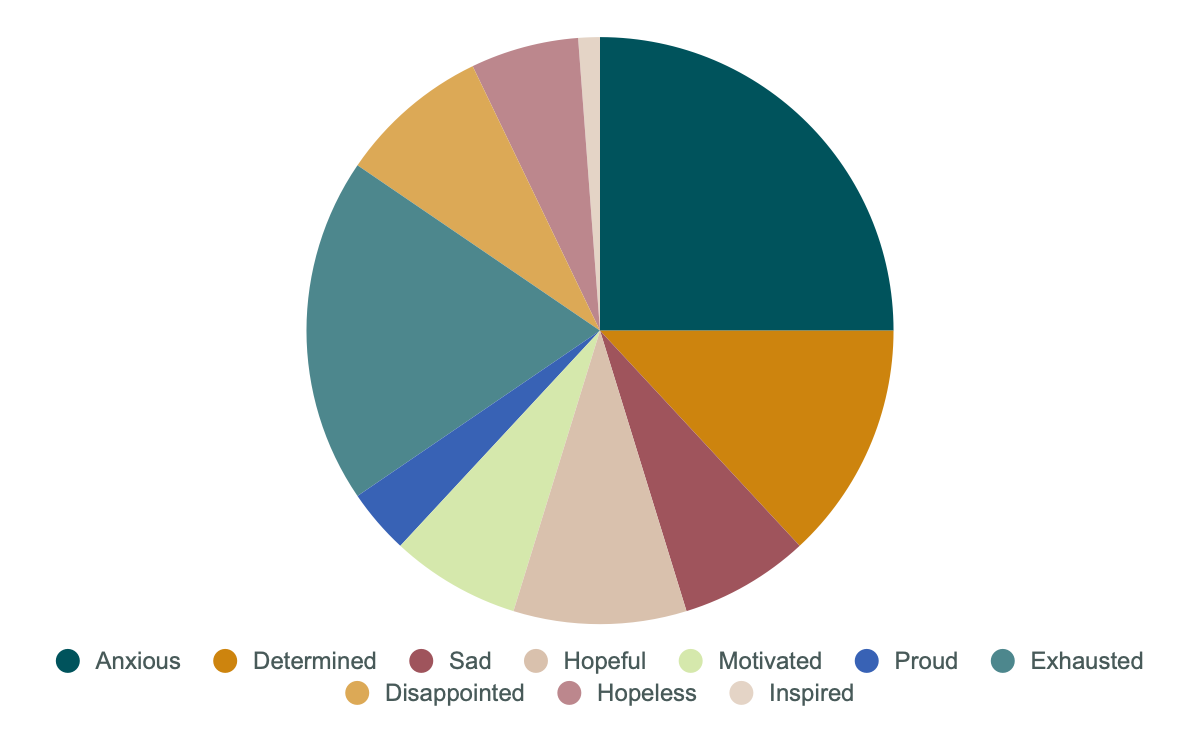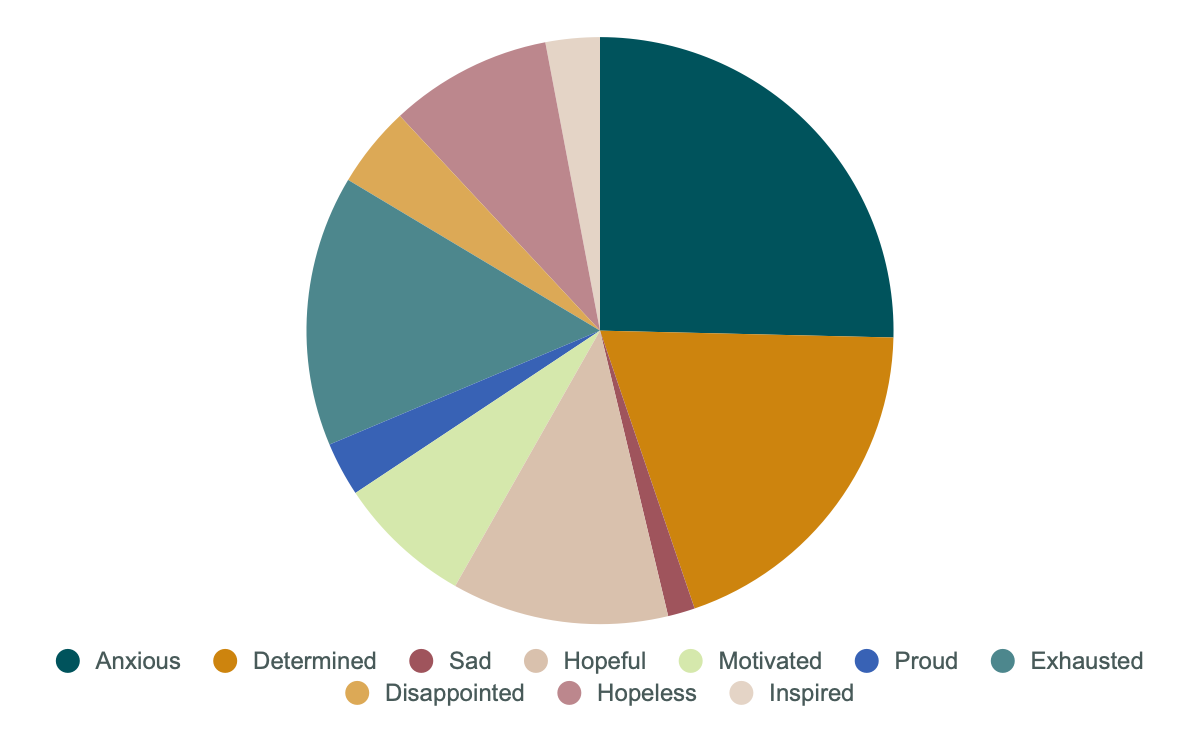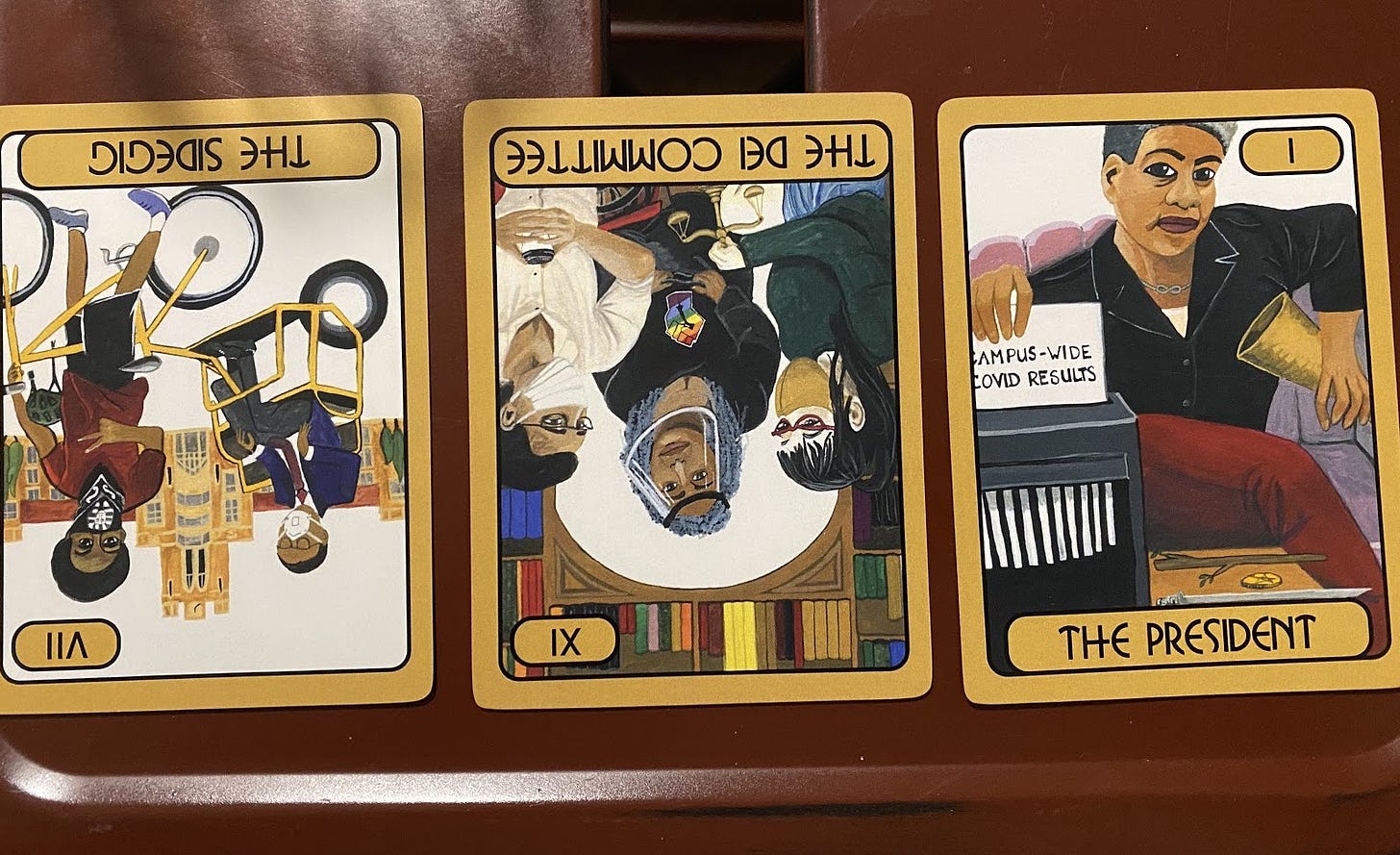[takeover]: international students
documenting experiences, building community, advocating for change
Good morning, friends,
As you know, international students at the VFC are conducting a survey to find out the effects the pandemic has had on the lives of international students. We are taking over the APFN newsletter this week so that we can talk to you about where we are at.
We want larger awareness about the many restrictions we face owing to our visa status, that already limit the reaches of our lives and self-expressions. These restrictions make us financially vulnerable, and our situations precarious because there is very little acknowledgement that international students have full lives in their countries of study. The pandemic has made these issues all the more dire.
This survey seeks to bear witness to our collective and individual experiences, as well as build awareness for the purposes of advocacy.
Please share the survey and spread the word! If you are an international student and want to help us with the development and dissemination of this survey, please write to us at visionaryfuturescollective@gmail.com.
- International Students at the VFC

Introduction to Survey
International students at the Visionary Futures Collective are conducting a survey. The goal:
We want to map the landscape of your diverse experiences, we want to know where these experiences converge and diverge, we want to understand what your most immediate concerns and needs are, and we want to know what changes you hope to see in the future.
We also hope to open channels of communication between all international students beyond national and geopolitical lines. Tell us what you want us to know and help us help you and others like you.
So far, we have received 25 responses, and mostly from respondents at American universities. Below is a short description of the responses to each question we asked.
Summary of question: What are some challenges you have recently faced in your graduate program as an international student?
A few of the responses indicated that their experience had not changed during the pandemic. The overwhelming majority of international students who responded to the survey, stated that the support afforded to them by their university and their program fell short of their needs. Several of them have been stranded either at their country of study or origin, with funding running out. Auxiliary funding opportunities such as TAships remain unavailable, as do revised healthcare benefits in view of the pandemic. One particular response detailed a harrowing experience of discrimination when it came to emergency financial support, where resources where allocated away from individuals who actually needed them.
Summary of question: What are some challenges you have recently faced as an international student, especially in reference to visa stipulations, work scarcity, and restrictions?
The F1 visa prevents international students from working off campus, which appears to be the main reason for straitened financial circumstances. One response talks about a “three-year state of professional limbo” resulting from poor support from the international student office, as well as the fact that very few jobs sponsor work visas. Chinese students have been feeling these restrictions all the more acutely. Another respondent talked about having to wait a whole year to be able to make a visa appointment so that they could re-enter the US in order to begin their program. For continuing students, a major grievance appears to be the rate of taxation, as well as the complicated process of filing, while receiving almost no tax-related support from their university.
Summary of question: How has the pandemic affected your experience as an international student?
Unclear and fickle immigration policies have stranded people in countries of origin and study, and university policy has largely failed to take that into account. The pandemic has revealed the ways in which “the academy is not built to accommodate international students, especially un-partnered students without fallback options for healthcare or visa status”, according to one respondent. Several responses describe experiences of misery and isolation, including a few where the individual states that the pandemic has resulted in their decision to drop out of grad school.
Summary of question: What are some urgent and pragmatic changes in policy and culture, whether at university or departmental levels, that you think can better the lives of international students like you?
Some answers were concerning improvement on delivering information to international students who sometimes don’t understand what they’re getting themselves into. Others covered the harsh reality of minimal stipends that sometimes are only 9 month per year contracts, so one important change at departmental levels could be rising stipends and providing students with good and decent housing options (in some big cities like New York, housing can be a nightmare). Some answers pointed out how important it was to provide international students who graduate from US universities a pathway to residency/ citizenship, since the OPT and work visa don’t really solve the problem in the long term. In conclusion, international students need more transparency and less bullshit, free mental health care, more awareness of the cultural and financial realities they go through, jobs outside campus and no more visa restrictions!
Summary of question:What would your dream international student experience look like?
Respondents had widely varying ideas about what their dream international experience would look like. Common thoughts that emerged had to do with better funding and working hours, realistic information about the job market, and extended visas. Several respondents hoped for a kinder and more empathetic system that did better to fight systemic and deliberate racism. They hoped for more faculty of color at various levels, and also for universities to understand that not all international students share the struggle.
International students’ feelings
The International Students’ Experience Survey contains a section on feelings, and as part of the takeover, we’re sharing some preliminary results from that. If you’re an international student, we’d love to hear from you.
How do you feel about the present?
How do you feel about the future?
Lots of anxiety and exhaustion out there, but a good bit of determination as well, especially looking toward the future. We, too, are determined to imagine and work for a more just future for international students. Solidarity and strength to you all.
Academic Tarot: International Students
Dear Coyote and Bones,
what do international students need to know as the near future unfolds?
To help us answer this question, we drew three cards from the academic tarot deck to represent what we know, what we do not yet know, and what we will learn.
What do we know? (opportunities): The Sidegig, reversed
The Sidegig (traditionally “The Chariot”) is a card signifying movement - sometimes a journey, sometimes the absolute drive we need to move through academia. When drawn reversed, this card signals that there are obstacles barring our path. Drawn as our first card, the sidegig reversed lets us know the reason goals are difficult to achieve right now: there are forces at play blocking us. What do we know? That it’s time to assess our goals and intentions - are we the same people that started this journey? Focus inward - you determine your path, you are telling your own story. Not anyone else.
What do we not yet know? (challenges): The DEI Committee, reversed
While upright this is the card of truth and fairness (“Justice” in the Major Arcana), the reversed signals unfairness and dishonesty. While this may be warning us of external forces, this card also implies that now might be the time to make sure we’re not being dishonest with ourselves - what truths have we been hiding, or not speaking? And, is now the time to speak? If so, and if it’s the right time, this reversed card tells us to treats ourselves with forgiveness and fairness - free yourself from guilt, or shame, and then you’ll be able to speak your truth ever louder.
What will we learn? (outcome): The President
The President (“The Magician”) has all the power - importantly, in our deck, they have all the power and tools at hand to manifest their dreams, their intentions, and their vision. Drawn as our third and final card today, The President tells us that the skills and knowledge that have led us to this moment - our personal knowledge and the knowledge of our ancestors - have prepared us for the moment we find ourselves in. Manifestation takes discipline and concentration, however - be clearly explicit about what futures you want to build, and you’ll have the tools you need to build them.
Following the cue of this last card, we’ll be explicit one last time: the futures we want to build are more just and joyful for international students the world over. Please consider taking and/or sharing our survey with your institutions and communities. Wishing you all strength and rest.




